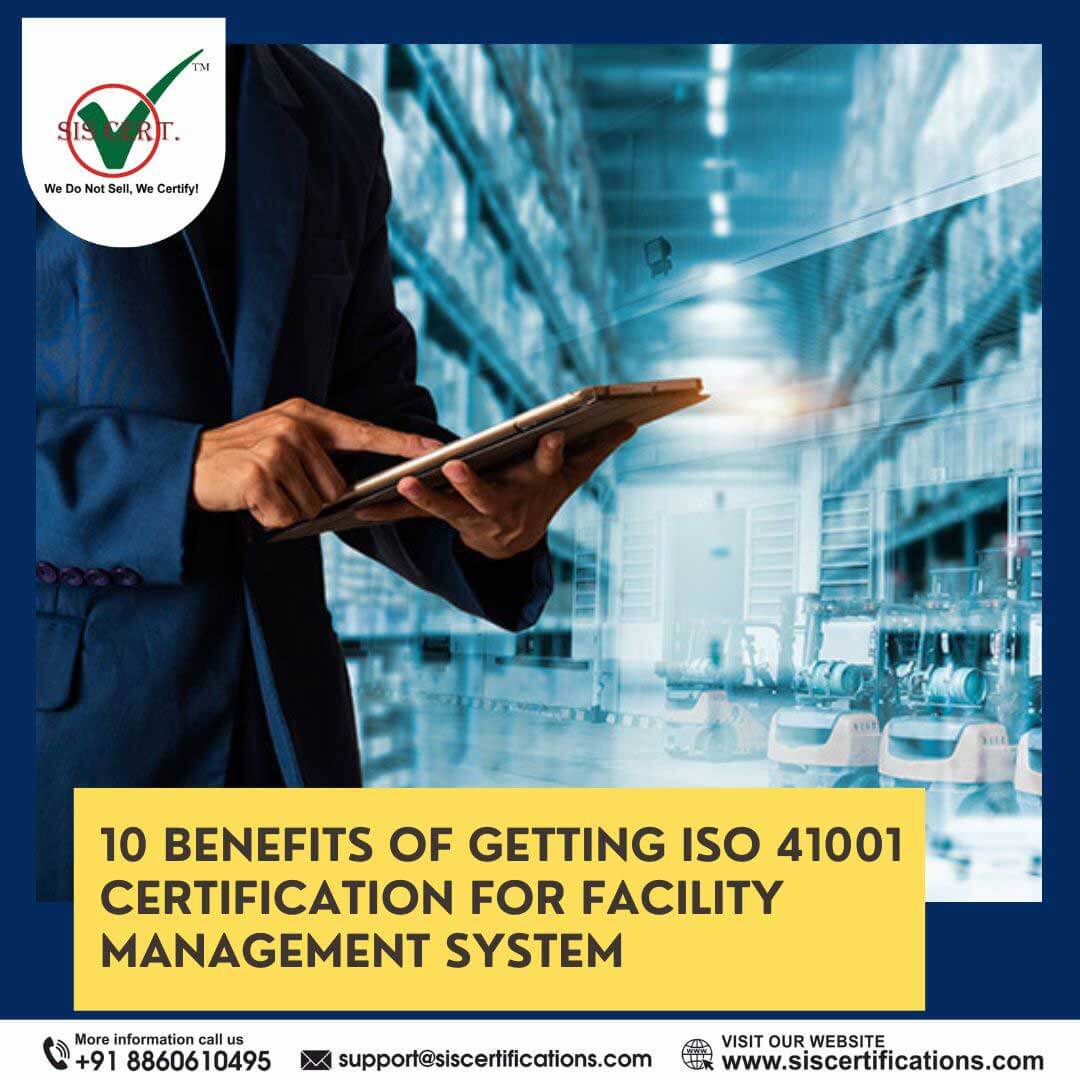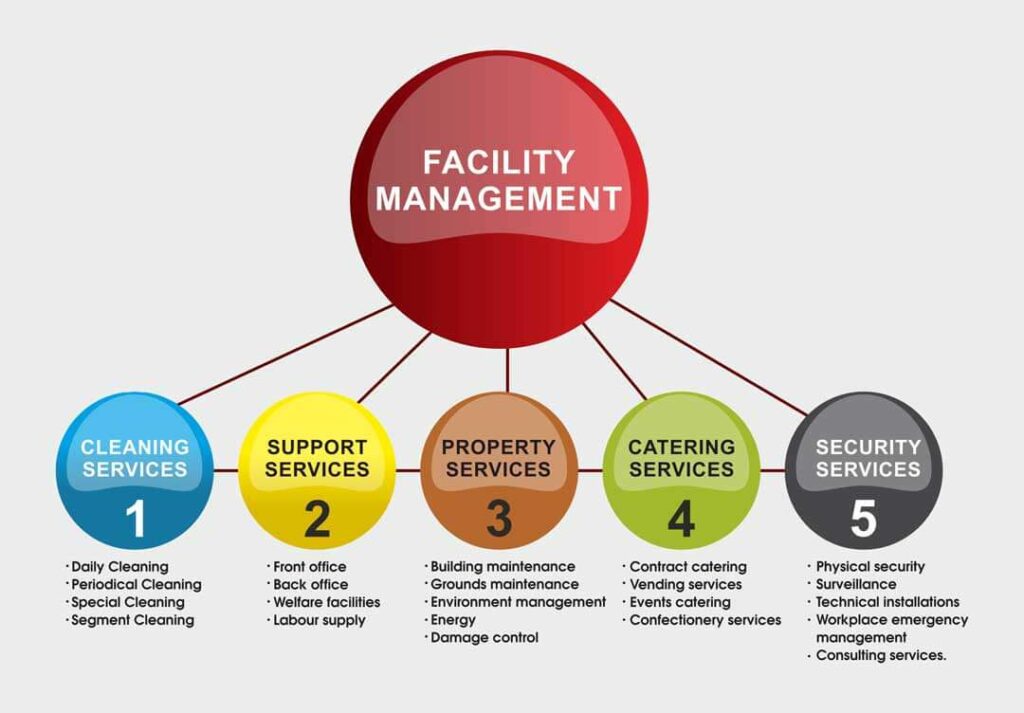Facility Management comprises multiple disciplines and secures the safety, sustainability, functionality, and efficiency of buildings, infrastructure, and real estate. Everyone wants to work in a safe, welcoming and secure environment. Facility Management works on the principle that places where people work, play, learn and live should be more comfortable, sustainable and productive.
The International Organization for Standardization published ISO 41001 Certification in 2018. It assists companies in facing unprecedented challenges because of evolving technology, fierce competition, and rapidly changing needs and requirements of people. The purpose of developing ISO standards is to meet the market needs for a specific area.
What is a Facility Management System?
ISO 41001 Certification sets the criteria for Facility Management System (FMS) standards. ISO 41001 Certified organizations demonstrate their ability to implement appropriate tools and techniques to enhance the entire supply chain. It enhances the production and productivity of an organization by integrating people, place, process, and technology.
10 Benefits of ISO 41001 Certifications
The value facility management sector is projected to reach 1 trillion dollars by 2025. An increase in value signifies the importance of a more reliable facility management system. The International Organization for Standardization (ISO) has developed ISO 41001 Certification to ensure the efficiency and effectiveness of a facility management system.
The ten benefits offered by ISO 41001 Certification to organizations are as follows :-
- Maintains Regulatory Compliance – ISO 41001 standards are not part of any law; hence, there are no penalties in case of non-compliance. However, it aims to improve the facility management system and ensure compliance with all the regulations and standards related to FMS.
- Provides a Competitive Edge – Organizations that are ISO 41001-certified demonstrate commitment to continually improving their financial management services. It provides a competitive edge to organizations and helps them win new businesses, clients, and customers.
- Better Reputation – ISO 41001 Certificate enhances the reputation of an organization. It establishes a culture of safety and security within the organization and improves its performance.
- Increases Marketability and Profitability – It increases the marketability and profitability of organizations. ISO 41001 standards ensure that the facility services delivered by an organization are safe and create a productive workplace.
- Access to International Market – A facility management system standard removes trade barriers and provides access to the international market. It manifests an organization’s ability to incorporate international best practices within its management system.
- Cost-effective Standard – ISO 41001 Certification is a cost-effective standard. It saves the extra costs paid as compensation amounts and premiums by enhancing workforce productivity, safety, health and well-being.
- Strategic Approach – ISO 41001-certified organizations follow a strategic approach and give assurance and positive value to stakeholders. It ensures that the business operations are risk specific and highly efficient.
- Dynamic Standard – It enables an organization to adapt to the ever-changing trends in infrastructural development and adopt tools and techniques to manage them accordingly.
- Risk-Based Approach – Organizations with an ISO 41001 certificate follow a risk-based approach. It helps organizations to determine the potential threats and opportunities associated with the facility management system.
- Employee Experience – It aims to provide a better experience to employees. ISO 41001 certification aims to establish supportive, sustainable, and productive workplaces.


Comments
Post a Comment